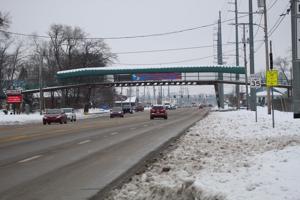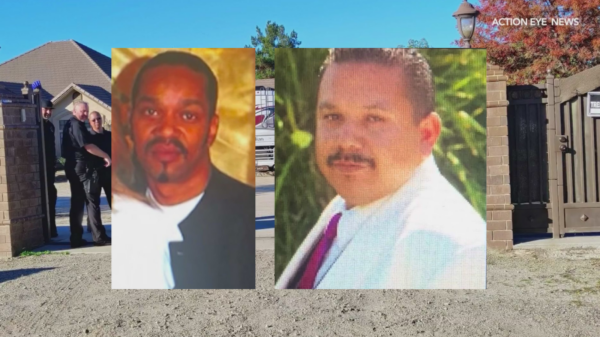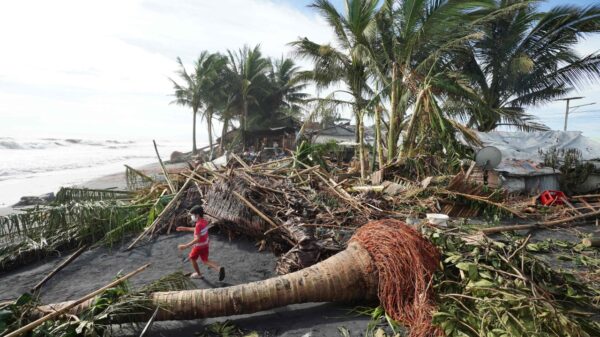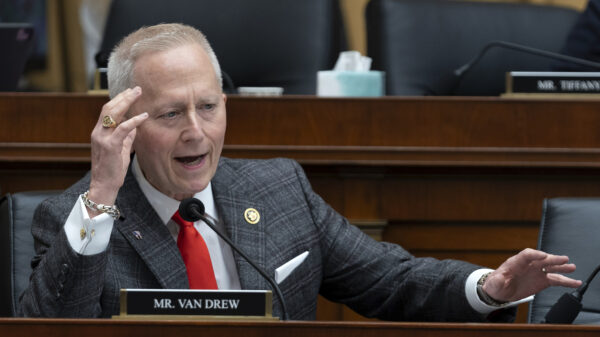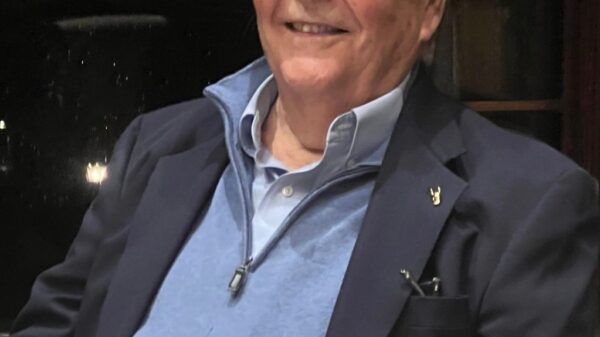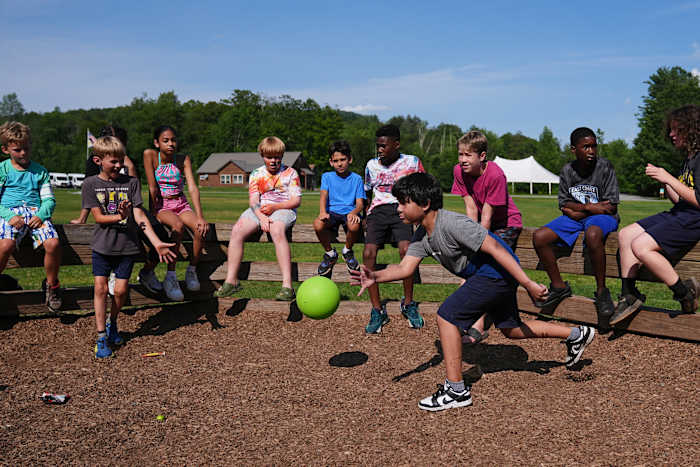A summer camp in upstate New York is providing children with autoimmune diseases a chance to experience the joys of childhood while receiving necessary medical care. The Frost Valley YMCA partnered with healthcare professionals to create a supportive environment for young campers, including Dylan Aristy Mota, a 12-year-old diagnosed with lupus. With doctors on site, Dylan felt reassured as he participated in activities like a high-ropes course, allowing him to enjoy a traditional camp experience despite his condition.
Autoimmune diseases such as lupus, myositis, and certain forms of arthritis can affect children, although they are more commonly diagnosed in adults. According to Dr. Natalia Vasquez-Canizares, a pediatric rheumatologist at Children’s Hospital at Montefiore, these conditions can manifest early in life, complicating the emotional and physical challenges children face. “Imagine for an adult, it’s difficult. If you have that disease since you’re young, it’s very difficult to cope with,” she explained.
The impact of early-onset autoimmune diseases can be severe. Children diagnosed before puberty may exhibit more intense symptoms. Dr. Laura Lewandowski of the National Institutes of Health notes that while genetics play a role, environmental factors such as infections often trigger the onset of these diseases. Symptoms in younger children can be subtle; for instance, instead of complaining of joint pain, a child may limp or regress in motor skills.
Dylan’s journey to diagnosis began with what his family assumed were allergies. His condition worsened, leading to numerous doctor visits before he was officially diagnosed with lupus in January 2023. The treatment for such illnesses poses unique challenges as medications that suppress symptoms also weaken the immune system, making it harder for children to fend off infections.
Despite these hurdles, advancements in research offer hope. Seattle Children’s Hospital has initiated the first clinical trial of CAR-T therapy specifically for pediatric lupus. This innovative treatment involves reprogramming a patient’s own T cells to target and eliminate dysfunctional B cells, which are implicated in autoimmune responses. Early results in adults have shown promise, suggesting potential long-term remission without the need for ongoing medication.
Moreover, the implications of autoimmune diseases can extend beyond the individual to affect unborn children. Dr. Jill Buyon at NYU Langone Health is investigating how maternal autoimmune conditions can lead to fetal heart defects. Her recent study reported a healthy baby born to a mother with mild lupus, showcasing a potential avenue for prevention. A specific antibody associated with lupus can disrupt fetal heart development, but research is focused on whether existing treatments can mitigate this risk.
Back at the camp, the primary objective is to provide children with a sense of normalcy, allowing them to temporarily forget their medical routines. Ethan Blanchfield-Killeen, an 11-year-old with juvenile idiopathic arthritis, expressed the joy of participating in camp activities rather than focusing on his condition. “I do kind of get to forget about it,” he shared, highlighting the camp’s importance in providing a break from the pressures of living with a chronic illness.
Dr. Vasquez-Canizares emphasized the transformative experience of seeing these children outside of a clinical framework. “Just seeing them in a different perspective than the sterile doctor’s office almost brings tears to my eyes,” she remarked, underscoring the emotional significance of the camp for both children and their families.
Research and initiatives like these are crucial not only for improving treatment options but also for enhancing the quality of life for children facing autoimmune diseases. The collaborative efforts between medical professionals and recreational organizations are paving the way for more inclusive and supportive environments for young patients.
The Associated Press Health and Science Department receives support from the Howard Hughes Medical Institute’s Department of Science Education and the Robert Wood Johnson Foundation, ensuring that vital stories like these continue to be shared and recognized.


